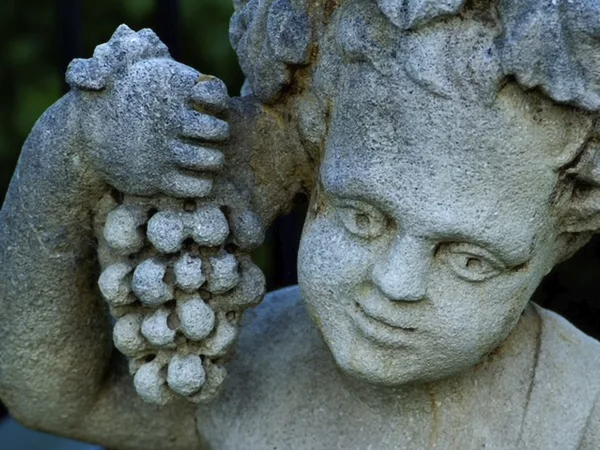The Mystery and Pleasure of Wine

Growing up, I watched my father drink Beaujolais at the dinner table. He’d pour full glasses of a crimson brew after downing several pre-dinner cocktails, then end dinner with a shot (or two) of golden, glimmery Grand Marnier. I didn’t like wine in those days, but I loved the liqueur.
My wine evolution sloshed through the Boone’s Farm Strawberry Hill phase and ended up dropping full on into beer (warm Lone Star, anyone?). If this path sounds familiar, we are likely similar in age.
Years later, I moved to California. When you live in California, you drink wine, right?
My California family drank little; what they drank came from a jug. But I fell head-first into the fermentation vat and never looked back.
What makes wine so entrancing and engaging? What makes it different from other beverages?
Wine has always been integral to our human experience and our cultural development. Wine served as a replacement for contaminated water and as nourishment.
The Romans, for example, included wine in soldiers’ rations for sustenance and to maintain morale.
One of God’s Gifts
Though wine has existed throughout human history, it was Burgundian monks who uncovered its true contribution to human life.
They grew grapes and sold their elixirs to those who could pay to provide funds for the monastery.
Having plenty of time, they did much more than plant vines. They painstakingly tracked their progress, documenting and adjusting viticultural practices to create a more pleasing final product. This work laid the foundation for the modern wine industry. French Burgundy remains the epitome of wine’s evolution.
Were the monks interested in wine beyond money? It’s likely they made wine for many of the same reasons we do today: Sustenance, relaxation, contemplation, and plain enjoyment (but they might not have admitted the last one). Wine delivered earthly joy that was a tangible and beautiful result of their intense efforts.
The monks’ work offered us more than a model for modern winemakers. They explored the mysteries of nature and human interaction through growing grapes and making wine. Theirs was a journey into the enriching relationship between man and the natural world, revealed uniquely through wine.
The wines we drink today would not have been possible without the monks. While you may prefer a California Cabernet Sauvignon, a Spanish Rioja, or a New Zealand Sauvignon Blanc, they all arise from the symbiotic partnership between man and nature. Even Barefoot Wines are made from raw material born from the soil — though you might not taste it.
Experience the Mystery
The next time you enjoy a glass of wine, pour it gently and let it reveal itself to you. Swirl it, sniff it, savor it. Don’t hurry; the joy will pass you by.
Allow the wine to share its secrets. Let it whisper nature’s poetry. Let it awaken your hidden desire to connect to the richness of our natural world — the same world we tend to forget but that reaches deep into our souls.
Wine is deeply compelling. It will reward your attention and time.
Cheers!





